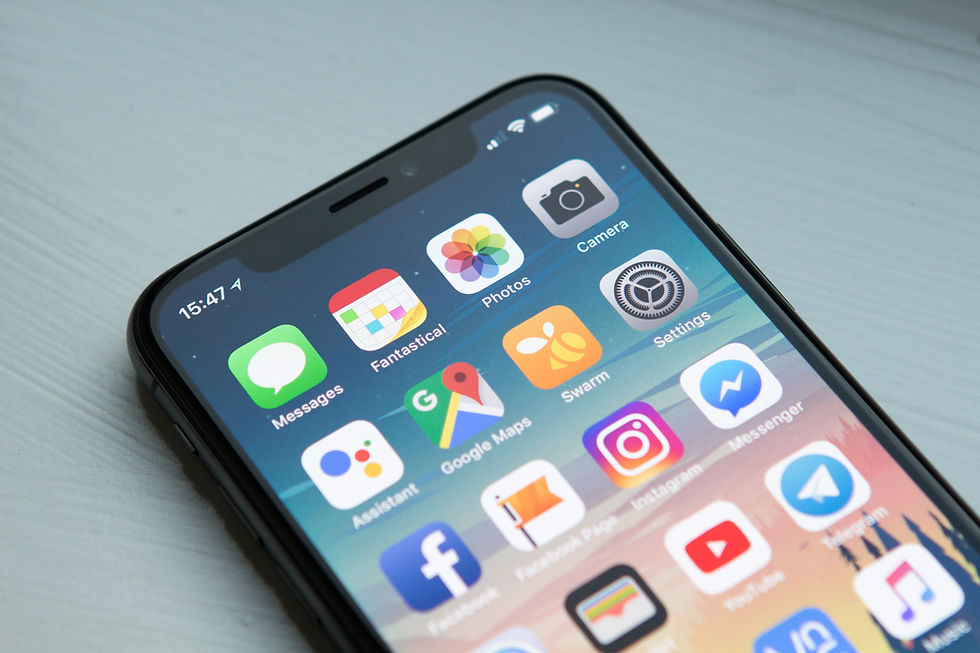Jet Lag Survival Guide: How to Beat the Time Zone Drag When Traveling to Europe
- Max Travel Abroad

- May 23, 2025
- 4 min read
Updated: Jun 2, 2025
By Cindi Fries, Ed.D., Founder of Max Travel Abroad LLC.
Jet-lag-tested and train-ride-approved travel planner, helping curious minds experience Europe like locals—not zombies.

How to Beat Jet Lag: What I’ve Learned from Science and Experience
I’ve crossed the Atlantic more times than I can count—leading tours, visiting family, and scouting new tour destinations. And every time, that +7 hour shift hits hard. Jet lag is especially sneaky when flying east, because you're losing time and your body just can’t keep up.
Here’s what I personally do (and recommend for all my travelers) to try to reduce the effects of Jet Lag:

A Few Days Before Departure
Science Tag: Circadian Rhythm Prep
Why this works: Our brains are highly influenced by environmental cues like light, timing of meals, and routines. Preemptively aligning your behavior with your destination helps reduce the "circadian shock" when you land.
Shift Your Sleep Schedule - I start going to bed and waking up 30–60 minutes earlier each night about 3–4 days before my flight. It helps my body ease into the new time zone.
Cut Back on Caffeine After 2 p.m. - This one is tough—I love my afternoon coffee—but it makes a real difference. Caffeine can mess with your melatonin production, which is the last thing you need when adjusting your sleep.
Light Is Your Best Tool - I make a point of getting outside early in the day. And I dim the lights in the evening, close the curtains before its dark (especially during the long days of summer), and avoid screens close to bedtime. Your body really does respond to light cues.
Hydrate Like a Pro - I increase my water intake a few days before I fly and avoid alcohol or overly salty foods. A hydrated body handles travel stress much better.
On the Flight

Set your watch and your mind to your destination Science Tag: Sleep-Wake Realignment
Why this works: Our brains are highly influenced by environmental cues like light, timing of meals, and routines. Preemptively aligning your behavior with your destination helps reduce the "circadian shock" when you land.
Set Your Watch to Destination Time - As soon as I board, I mentally switch to local time. It helps me start thinking in the rhythm of where I’m going.
Eat on Destination Time - Even if it feels weird, I try to eat when I would be eating at my destination.
Sleep Strategically - If I’m landing in the morning, I do everything I can to sleep on the plane. Eye mask, earplugs, and sometimes melatonin—but only in low doses (0.5 to 3 mg). I don’t love using melatonin regularly, because I believe it can reduce your body’s natural production if you rely on it. But for travel? I’ll take a small dose for 2–3 nights if needed.
After You Arrive - prevent jet lag when traveling to Europe

Sunlight is the most powerful jet lag remedy I know Science Tag: Sunlight, Sleep & Digestive Reset
Why this works: Exposure to natural light suppresses melatonin (your sleep hormone) during the day and resets your internal rhythm. Eating at regular local times helps synchronize your gut clock with your brain clock, making you feel more balanced faster.
Get Outside—Immediately - Natural light is magic. I always make sure to be outside for at least 2 hours on the first day.
Don’t Nap (Yet) - If I absolutely must, I’ll nap for no more than 20–30 minutes, and only before 3 p.m.
Eat Meals at Local Times - This one’s underrated—your digestive system has a clock, too.
Melatonin at Night- Again, I use a small dose for the first couple nights, but if I still struggle to sleep after that, I head to a local apothecary and get a natural, melatonin-free sleep aid—something with valerian, for example. European pharmacies often have gentle herbal options that work without disrupting your body’s own melatonin cycles.

Stay Up Until a Reasonable Bedtime - I push myself through until at least 9 p.m. local time. This helps to reset my circadian rhythm. Yes, it is brutal that first day, but it makes a huge difference the next day.
High-protein breakfast - the next day arrival to wake up your metabolism.
Jet Lag Timeline: How Long Does It Actually Take?
Science Tag: Eastward Travel Recovery Curve
Why this matters: Traveling east to west shortens your natural day, which is harder for your body to adapt to than lengthening it (as when traveling to the west). That’s why recovery tends to take longer going to Europe than coming back.
If you follow these tips, most people adjust in 2–4 days:
Day 1: You’ll be tired. Expect some brain fog.
Day 2–3: Your energy returns, especially with good light exposure and sleep.
Day 4: You’ll feel almost normal.
Coming back west is often easier, but I still use the sunlight light and meal timing tricks to reset faster.
Final Thought: Trust the Process (and the Sun)
Jet lag is temporary, but your travel memories are forever. Be kind to your body, stay outside, eat well, and use sleep tools wisely—and you’ll be alert enough to take it all in, from that first espresso in Florence to your evening stroll in Salzburg.
Ready to Travel Smarter?
Planning a European adventure and want the kind of smooth, stress-free experience that only a seasoned guide can offer? I help travelers build unforgettable trips that balance structure with spontaneity—no jet lag confusion required.
👉 Join one of my small-group tours with Max Travel Abroad LLC or let me help you plan a custom itinerary designed for your rhythm, interests, and pace.
Let’s make travel feel good—from the moment you board the plane.









Comments